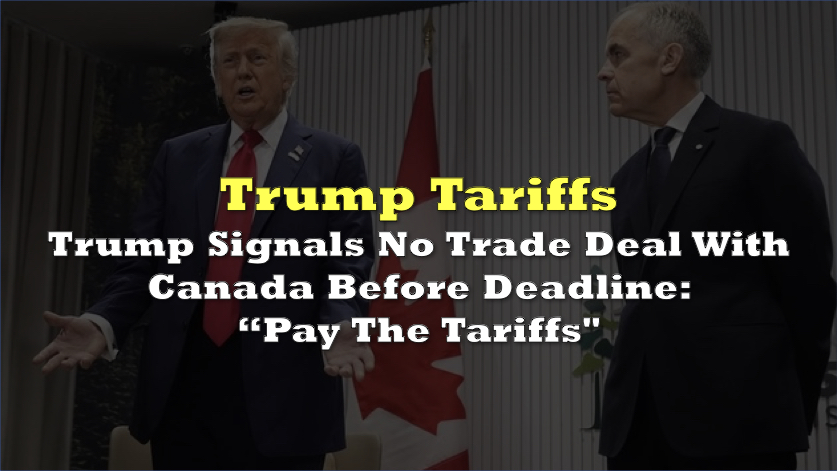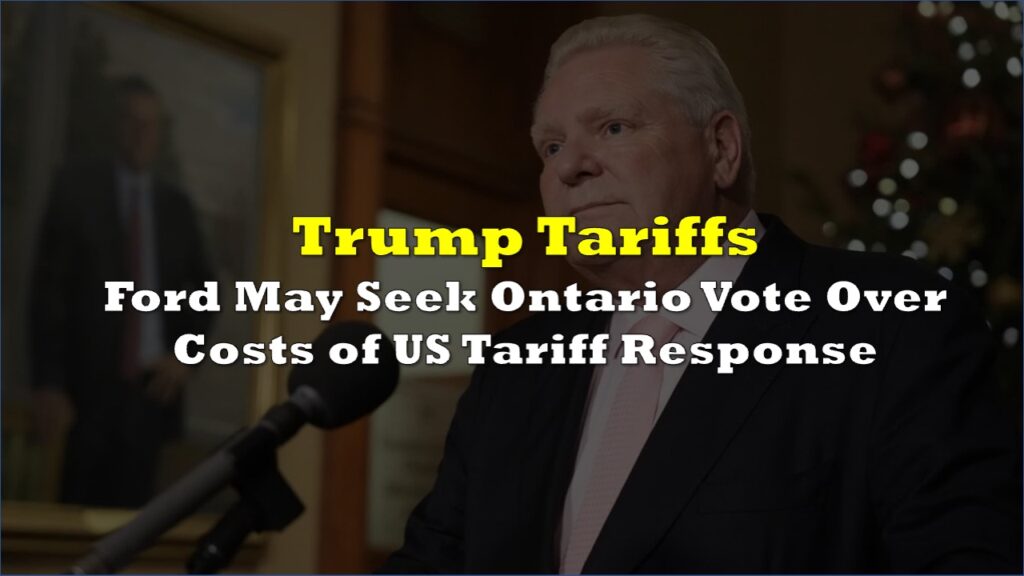With US trade tensions chipping away at auto sector production and investment in Ontario, Flavio Volpe, president of the Automotive Parts Manufacturers’ Association, argues that Ottawa should seriously explore the creation of a homegrown carmaker.
He frames the current uncertainty not as a liability but as a rare opportunity to shed the “lack of national ambition” that has long defined Canada’s auto sector.
Volpe points to Canada’s existing component-supplier ecosystem—hundreds of firms clustered in Ontario and Quebec—as the industrial bedrock for a domestic automaker. Drawing lessons from Project Arrow, the APMA’s prototype electric vehicle built entirely from Canadian parts, he contends that a feasibility study, costing just $5 million to $20 million, could determine how best to leverage this infrastructure for a full-scale manufacturing and R&D headquarters.
Beyond bolstering economic sovereignty, a Canada-based automaker could catalyze broader innovation. “An automaker’s headquarters does things that automaker operations can’t do,” Volpe noted.
Unifor president Lana Payne echoes Volpe’s call, observing that nations once limited to branch-plant status—Mexico chief among them—are now moving to establish their own marques. And while Dennis Darby of Canadian Manufacturers and Exporters cautions that “the devil will be in the details,” he concedes the concept merits serious investigation.
Skeptics, recalling past failures like the 1980s Bricklin SV-1, point to Canada’s relatively small market, limited patient capital and the challenges of scaling.
Volpe counters by proposing an industry-wide consortium model rather than a lone venture, arguing that the EV transition and flexible assembly platforms lower barriers for new entrants. Key hurdles for the feasibility study would include assessing market size—targeting domestic consumers of nearly two million foreign-made vehicles annually—and determining ownership structures, from partial government equity (akin to Germany’s state stake in Volkswagen) to partnerships with parts giants like Magna International or pension funds.
“If we subsidize foreign automakers, why not invest a fraction to explore our own?” he argued, referencing Canada’s $40 billion in recent EV subsidies to global firms.
Information for this briefing was found via The Globe And Mail and the sources mentioned. The author has no securities or affiliations related to this organization. Not a recommendation to buy or sell. Always do additional research and consult a professional before purchasing a security. The author holds no licenses.










2 Responses
I have worked in manufacturing and engineering my entire career, now retired. I am a Mechanical Engineering Technologist, CET. I spent time with Magna and many other firms that built and designed vehicles in Canada, such as Carelift Equipment and Ontario Drive and Gear. Yes, this could be done. I see no reason to spend $$$ on feasibility studies, go for the creation of a company to build vehicles that make sense in Canada, as stated before. Bare bones, the Slate project is brilliant, scaleable with options that can be added as desired. I would be excited to join in this, and own one.
Agree with reservations. Would need to be a ppp with industry taking the lead. Forget electric; go for what makes sense in Canada determined by what people buy; pick-ups and small SUV’s. Focus on hybrid. Maybe do a JV with a Japanese firm. Keep government out of the management of the company. Governments only jobs are finance and creating the playing field.